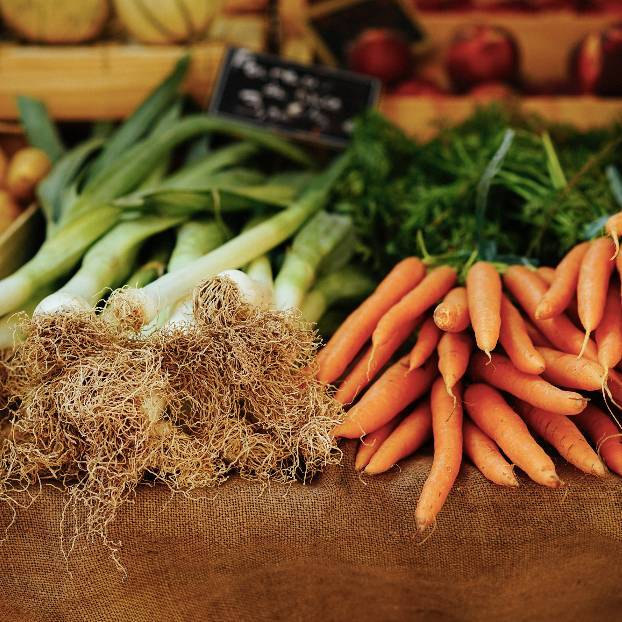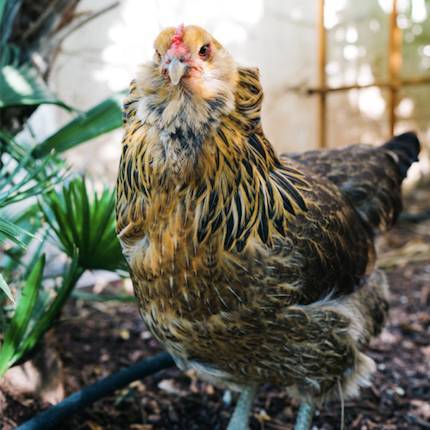Today we are going to dive into the farm to table and table to farm ideas and benefits. There are some local farms and businesses that currently practice these methods. For those of you who are not familiar,Farm to table is a movement that brings locally grown foods to restaurants, stores, and homes. Locally sourced food is very fresh, delicious, and come with supporting your local farmers. When you dine out at a farm-to-table restaurant, you’re helping the environment too. Local food requires transportation in small distances. This way less fuel is consumed and less emissions are released in the process of getting the ingredients to the restaurant.
Now let’s talk about the table to farm concept. Restaurants always end up with uneaten or unused food. Instead of throwing this waste in the trash which will end up in the landfill, it will go to a farm. This food can be used to feed livestock and nourish the land.
It’s basically recycling food that will just otherwise be tossed.
Benefits of farm to table restaurants
Natural ingredients
I think we would all be able to agree that it feels good to know what’s in your meal when dining out. There’s a certain peace of mind that comes with knowing that you and your loved ones are eating natural and fresh foods, even when you’re not cooking at home. Veggies tend to lose their nutrients after 24 hours of being harvested so having them delivered and prepared the same day makes for a very healthy meal.
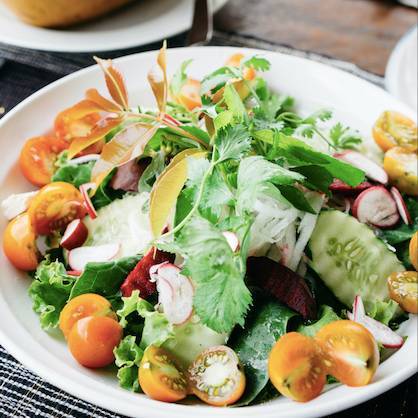
Environmental Benefits
Farm to table restaurants have a positive impact on the environment. Sourcing local food from the farm down the road makes for way less transportation and fuels. Not only this, but think about all of the packaging that goes into keeping vegetables and fruits fresh and clean! Now, we can skip all of this and have a fresh box of produce delivered straight to the door. Farm to table restaurants help support farms that practice ethically responsible farming (free range meat, non-GMO crops, and organic farming). If you are interested in having a farm box delivered straight to your door, check out Kupa’a farms CSA program.
Economy Benefits
Supporting or operating a farm to table restaurant means you are supporting many other local businesses. Farmers, bakers, artists, and others who have created or grown the ingredients of your dish will all benefit from this restaurant. Rather than supporting other states where the ingredients have been sourced from, your money will go to supporting your state.
Benefits of Table to Farm
Now, let’s reverse this idea and bring it all back to the farm! Your local farm to table restaurant has received delicious produce from the farm down the road. There will definitely be leftover green waste that cannot be served. The restaurant has the (easy) choice to throw everything in the trash. However, there is a more sustainable and healthy option! Working with your local farms, they can pick up this waste, take it back to the farm, and use it to their advantage. This will not only benefit them, but you as well!
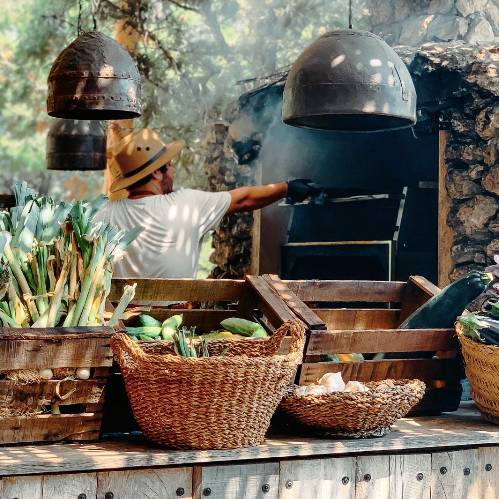
Feeding Livestock
Parts of food such as orange peels or almond hulls that humans don’t particularly consume do not need to go to waste. Dairy cows thrive on food we don’t eat or cannot digest! The cow’s unique four-chambered stomach allows it to transform nutrients from those foods into nutritious milk. Foods that are unused by grocery stores, restaurants, universities and hospitals can be reclaimed to feed livestock. How cool is that?!
Feeding the Land
Plants definitely grow best when they have the right kind of nutrient-rich soil, which is why composting is another way to recycle food’s nutrients back into the land. You can compost food scraps and yard waste from your home, or cow manure from the farm! These can be transformed into rich organic matter used to fertilize home gardens, farmer’s crops and more.
Recapturing Energy
Technology now exists to transform uneaten or unused food, recycled water and manure into sustainable renewable energy in the form of methane gas-used to power farms and communities. The science of anaerobic digestion has been understood for a long time. Today, the anaerobic digester is being used more and more to further drive the table to farm cycle.
It’s basically a big circle! A friendly reminder that we all have a role in this cycle. Click here to read more on how you can contribute by reducing food waste at home and in your community.
Puna Gold Estate & Pele’s Kitchen
Puna Gold Estate is a coffee and cacao estate that offers educational farm tours and a farm to table restaurant, Pele’s Kitchen. Located on the Big Island, this farm grows organic fruits and veggies, operates production of honey (you will learn beekeeping techniques) and offers coffee and cacao tours! Don’t forget the yummy chocolate tasting at the end!
Owner and chef of Pele’s Kitchen Stephen Yundt; provides delicious, fresh and top quality meals featuring locally farmed Hawaiian fruits and vegetables. Pele’s Kitchen has a mouthwatering breakfast menu with ingredients from the farm to the table and friendly to all diets. Puna Gold Estate also practices composting the green waste from their restaurant.
Kupa’a Farms, Maui
Owners Gerry Ross & Janet Simpson have been malama ka aina. Gerry has a PhD in Earth Science & a thirst for knowledge! He has been amending the once devoid dirt into healthy, microbial diverse soil thanks to his innovative thermal composting program. Combined with both Janet and Gerry’s knowledge of coffee, they have been cultivating and producing award winning coffee for years! Kupa’a Farms is where we host our Maui Chocolate Coffee Tours!
The 4 acre farm is located at a 1900′ elevation on the slopes of Haleakala, Maui. In addition to their award winning coffee they grow organic vegetables, fruits ranging from A-Z, artichokes, avocados to zucchini. Of course, they all don’t come out of the ground all at once! In case you are wondering, in Hawaiian, Kupa’a means “to make firm, or solid”.
Kupa’a Farms is practicing sustainability and regenerative farming. They take the green waste from the Maui Country Club and compost it back into the soil! There are several compost bins, which are rotated by age of 3-6 months before it is ready to go back into the earth enriching and regenerating the organic gardens.
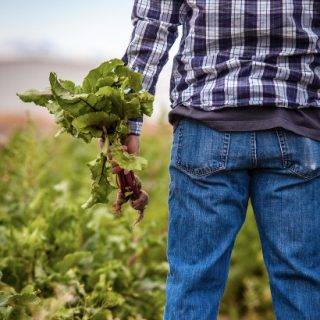
Netflix’s “Kiss the Ground” is a 2020 release of Woody Harrelson’s narrative that explores the core ideas of regenerative agriculture. The documentary focuses on the connections between land use, soil degradation, and the ongoing climate crisis. This is a relevant film for those curious and wanting to learn more!



